The views expressed in our content reflect individual perspectives and do not represent the authoritative views of the Baha'i Faith.
Hormonal and developmental changes coupled with social pressure from peers and negative expectations from society — welcome to the challenges of being a preteen! When you look back on your preteen years, you might remember the feeling of adults underestimating your capacity to make significant changes and contributions to the world.
But Baha’is believe, as the Universal House of Justice, the global governing body of the Baha’i Faith, wrote, that “the young people of the world” have “a reservoir of capacity to transform society waiting to be tapped.”
RELATED: How Community Service Created Lasting Friendships
One way that Baha’is around the world serve their communities is through a Baha’i-inspired mentoring program for 12-15 year-olds called the Junior Youth Spiritual Empowerment Program. Through this mentorship, participants in a “junior youth group” develop their capacity to serve their communities.
The Purpose of the Junior Youth Group
Antonio Smith, a Baha’i living in Memphis, Tennessee, who has mentored five junior youth groups, says that the purpose of the junior youth group is to help adolescents “develop a sound moral structure or a sound moral compass,” help them “begin to learn how to express themselves,” and direct “their energies towards service to the community.”
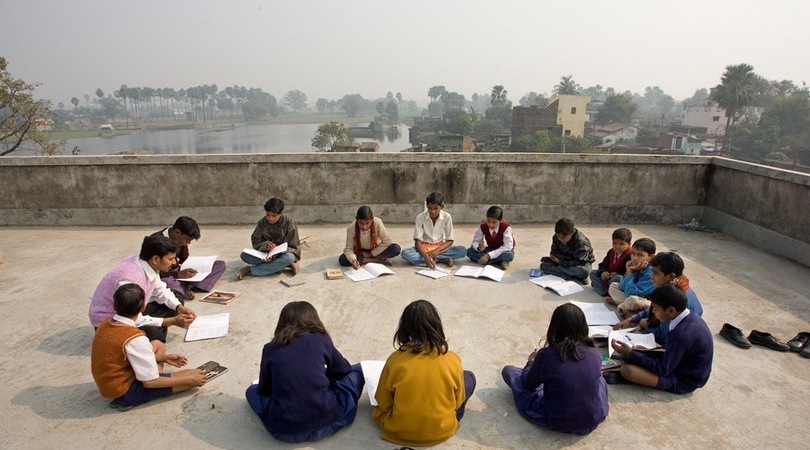
As the Universal House of Justice wrote:
Specifically, the courses of the institute are intended to set the individual on a path in which qualities and attitudes, skills and abilities, are gradually acquired through service—service intended to quell the insistent self, helping to lift the individual out of its confines and placing him or her in a dynamic process of community building.
Nasim Mansuri, a Baha’i living in Worcester, Massachusetts, has mentored four junior youth groups in the United States and Paraguay. She says the program recognizes “their identity as spiritual beings who have talents” and “all this amazing potential,” and empowers “junior youth to take charge of their future.”
Junior Youth Group Activities
There are many components of the junior youth program. One part is the completion of a series of books on various subjects that range from social issues and mathematical concepts to the concept of free will and spiritual reality. Nasim says that each of the books features “a story about someone who is around their age who is discovering new truths.” The protagonist might be learning about how to have hope or striving to strengthen their talents to excel in their lives. Nasim says that the books help adolescents develop their reading comprehension, as well as their critical thinking and writing skills by having them reflect on their own, and as a group, on the deeper themes and concepts in the story.
But it’s not all reading and reflecting! The program also incorporates time to play sports, engage in the arts, and organize their service projects, so they can, as Nasim says, “take ownership over their own community.”
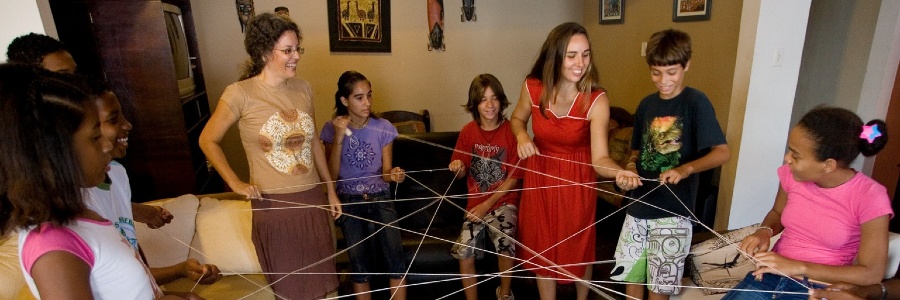
Each group decides how often they would like to meet and for how long. Antonio says that his group agreed that they would meet three times a week. Tuesdays are their “activity days,” where they spend time hanging out and getting to know each other and doing some sort of activity to complement what they are learning. On Wednesdays, they participate in an artistic activity — they often have music projects and create original songs. And, on Thursdays, they go through the material in the books that they are discussing.
How This Group Empowers Junior Youth
Mentors take a class to learn how to work with this age group, and they meet regularly to reflect and share best practices. Above all, “The relationship between a junior youth and [a mentor] is one of friendship,” says Wilfred Goli, a Jackson, Tennessee-based Baha’i who has both mentored and participated in a junior youth group. He says he is still in touch with the mentor he had over ten years ago, and that mentors aim to cultivate a safe space where ideas can be shared. This expression and exploration of their thoughts is what empowers junior youth.
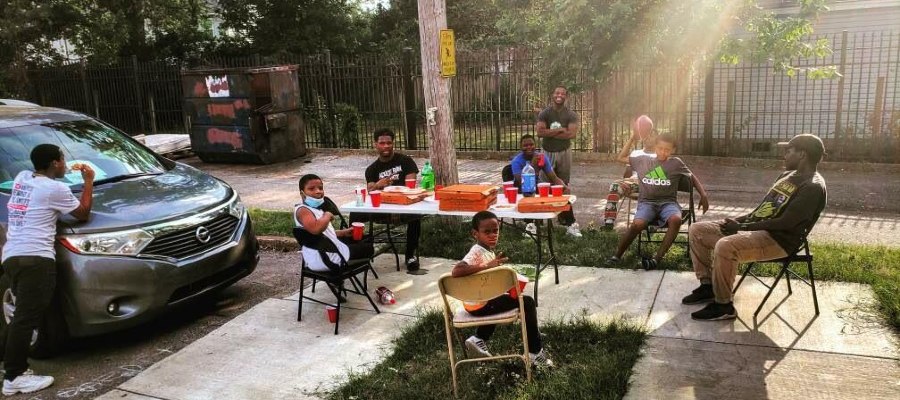
Antonio says that these conversations are revolutionary in themselves because they help adolescents navigate through the pitfalls in their lives and “not fall into despair”. Several members of his current group have experienced deep trauma — one member’s cousin was killed in their community, and another member became homeless. The junior youth who became homeless felt safe, supported, and empowered to share what she was going through when a character in a book they were reading experienced homelessness as well. In Antonio’s group, he says they discuss “what does injustice look like?” and “how do we see injustice in our communities?” Antonio says cultivating a space where young people can say what is on their mind and be heard makes the struggles that they are going through more manageable to deal with.
Inspired by the Baha’i writings, Antonio believes that creating true friendships is an integral part of the program. In the book “Divine Philosophy”, Abdu’l-Baha, the authorized interpreter of the Baha’i writings and the son of Baha’u’llah, the prophet and founder of the Baha’i Faith, wrote:
Create relationships that nothing can shake; form an assembly that nothing can break up; have a mind that never ceases acquiring riches that nothing can destroy. If love did not exist, what of reality would remain?
Each of these mentors understands that this age group has so much to offer, so they strive to maintain relationships with their junior youth that last long after the group disbands. As Nasim says, “It’s rewarding to be a part of someone’s life as they are discovering themselves.”


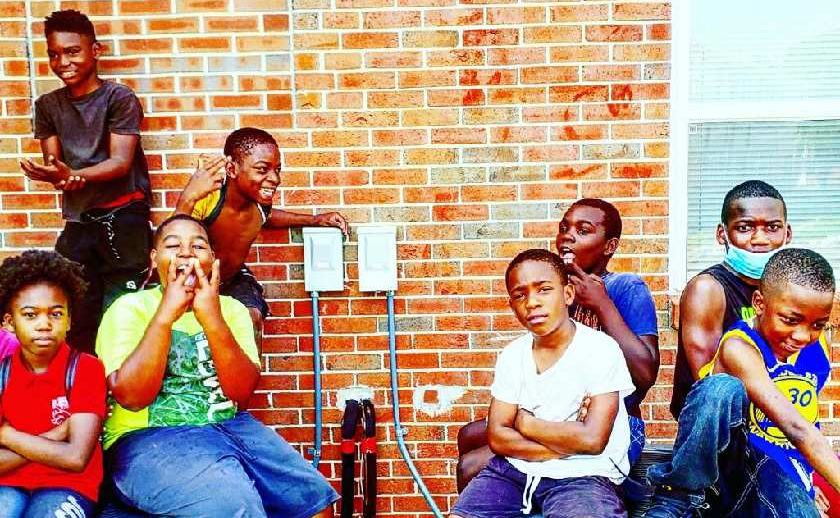

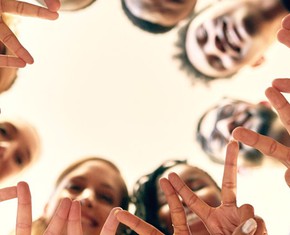
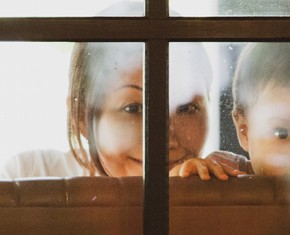
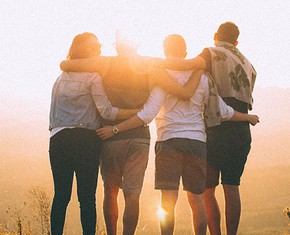









Comments
Sign in or create an account
Continue with Googleor